Connect with us
For Enquiries
enquiry@clinixhealthcare.com.ng
Emergency Help
+234 701 784 1325
Customer Care
+234 129 111 45
We are Open 24 Hours
At the Ilupeju Head Office
enquiry@clinixhealthcare.com.ng
+234 701 784 1325
+234 129 111 45
At the Ilupeju Head Office
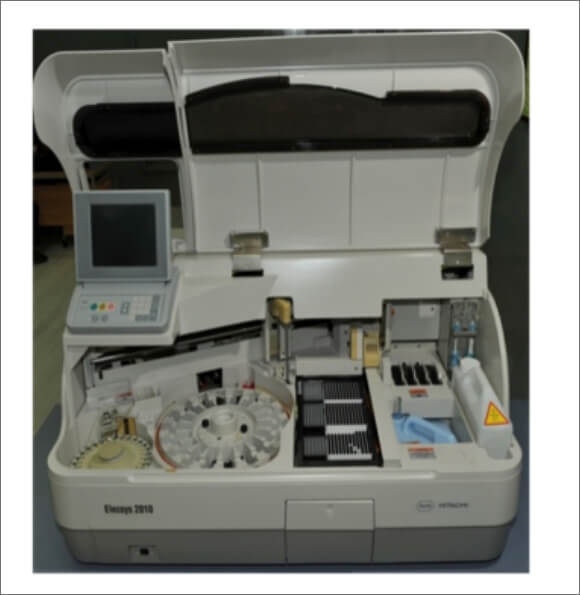

Our lab has state-of-the-art equipment offering a broad menu of diagnostic testing, serving all patient populations. Our analytical systems are highly automated and designed to ensure patient safety, accuracy, rapid turn-around times, with bar-coded specimen identification technology. All equipment have in-built quality control which ensures quality of reports.
We collect blood specimens from offsite facilities (group screening, camps etc.) for tests at very considerable cost and provide the results to the requesting doctor or patient via email or soft copy.
We offer value added services of collection of specimen samples by our dispatch riders from any location within the city at no cost.
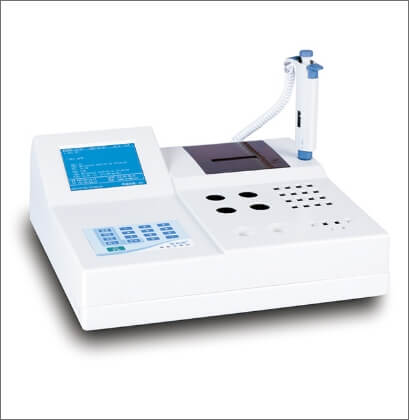
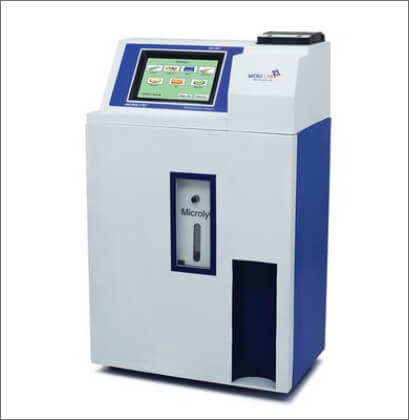
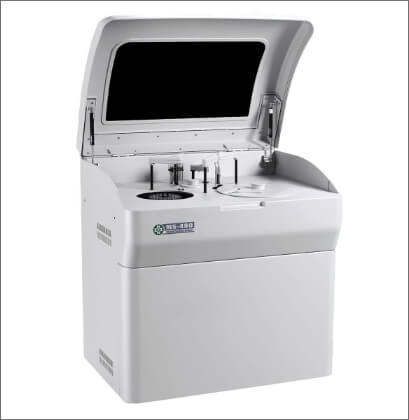
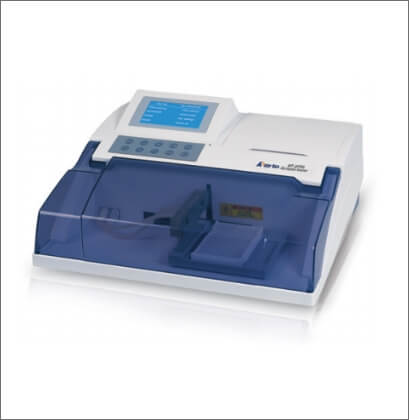
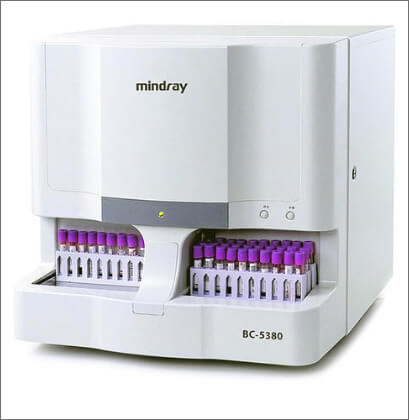
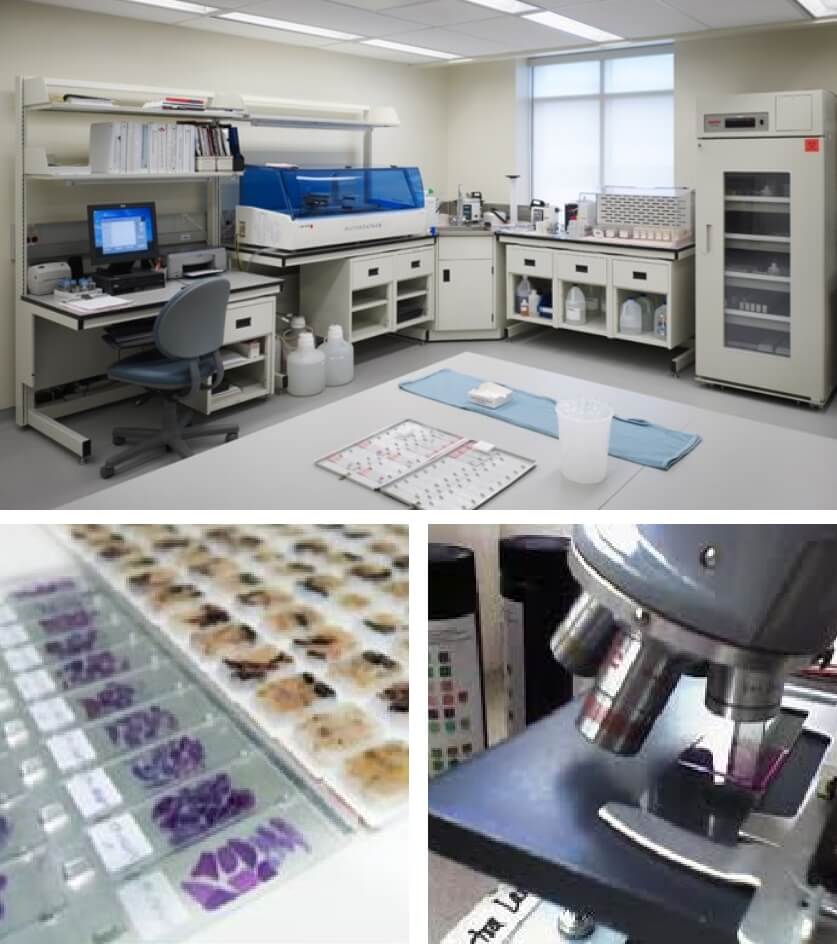
At CLINIX, our fully equipped Histo-Lab offers
Pap Smear/ Liquid-based Cytology, FNACs, Cytology, Histology, Immuno-Histochemistry, Bone Marrow aspiration Cytology etc
Laboratory tests are among the most common and important tools of modern medicine. Results from clinical laboratory tests contribute to the majority of health care decisions. They provide information about your health status and risk factors and can be used to determine a diagnosis, guide therapy, and estimate outlook (prognosis).
Most tests do not require any special preparation. Others, however, may require you to fast or avoid specific foods or take other steps in advance of the test.
The results of some tests are intended to be interpreted when you have not eaten prior to your sample being collected. Examples include lipid panels and glucose tests. When fasting, drinking only water is permitted. If you do not fast, the results may be affected and/or may not be interpreted correctly.
While fasting, you usually are allowed water but should not drink anything else, including coffee, before your sample is collected. Caffeine and other ingredients in coffee can affect the results of some tests.
Some tests are affected by diet, medications and supplements. For some tests, you may need to avoid certain medications before your sample is collected.
Many tests are completed within 4 hours. Pap smears, biopsies, and cultures take longer because of the manual nature of the procedures. Additionally, some specialty tests take longer.
A normal range of laboratory values is established by summarizing a large number of test results from a healthy population of patients. When your test result values fall outside of these predictive ranges, you and your physician should discuss what implications the abnormal value has for your present health condition.
Your test results are interpreted by your healthcare provider within the context of other tests that you have completed. These results are also measured against other factors like your medical history.
Not necessarily. A test result outside the reference range signals to your health care provider to further investigate your condition, but it may or may not indicate a specific problem.
A blood test may provide clues to health problems, like heart or kidney conditions. However, initial test results that are abnormal are usually followed by additional testing that can help make a definitive diagnosis.